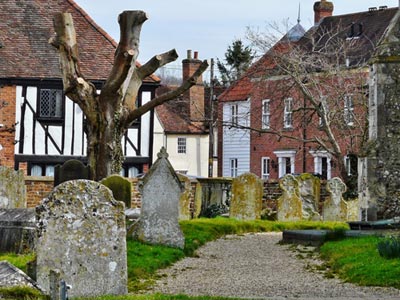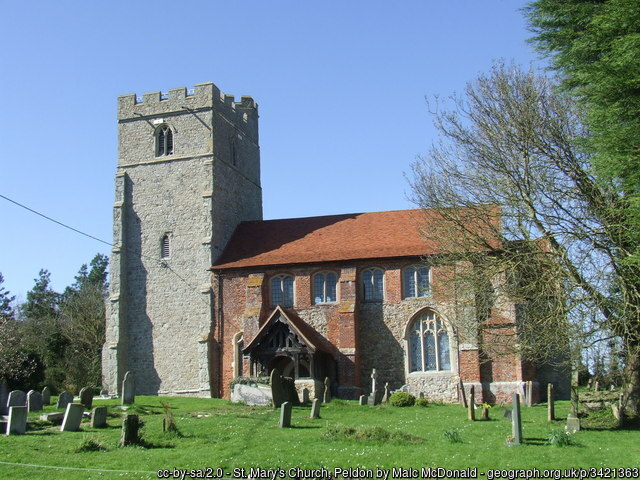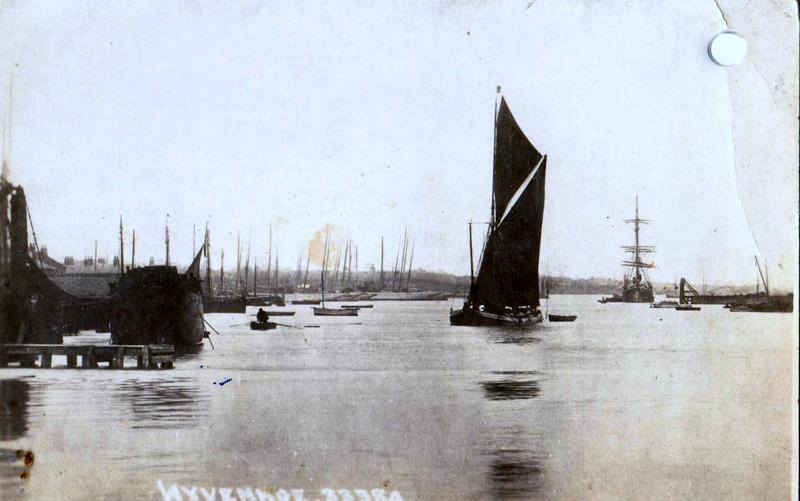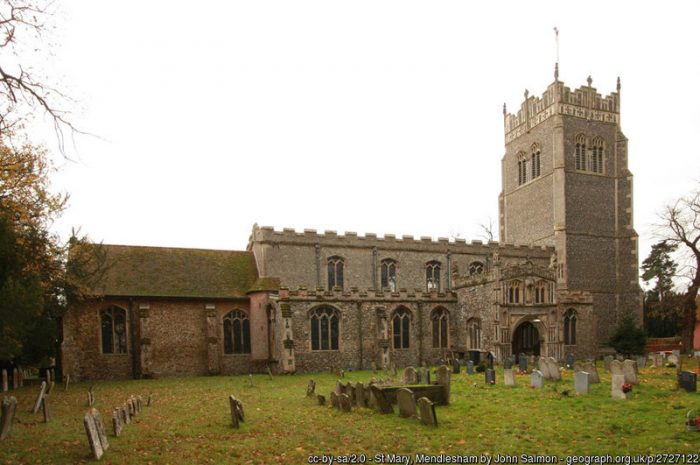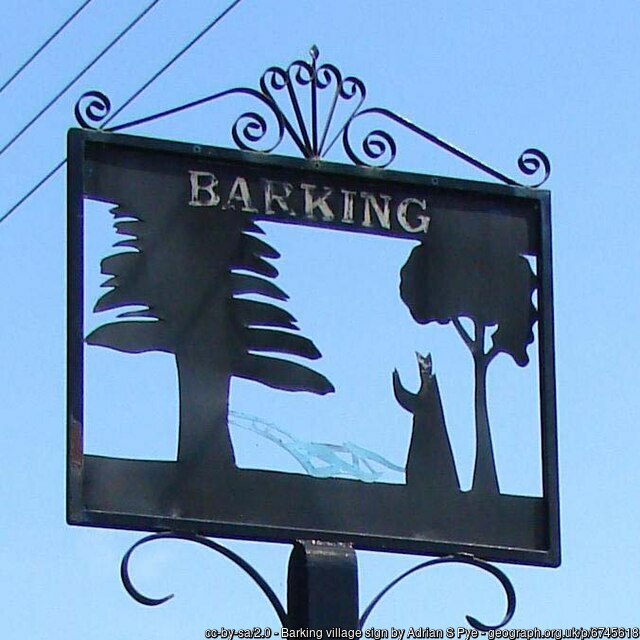I use wills all the time for my family history research, and for local history research too. They might come from county archives, or from the National Archives’ Prerogative Court of Canterbury wills, they might come from the National Library of Scotland. And sometimes, they might be from the centrally-managed collection of wills for England and Wales, which have been accumulating steadily since 1858 to the present day.
The government’s plan, in order to save money, is to digitise all of the wills and ditch the originals, apart from wills of famous people, and with a rolling wall to avoid binning anything that’s too recent and could cause upset (“sentimental reasons”), as they put it, or because the original needs to be referred to in case of a dispute. It’s a bit confusing because recent wills are originals – you get a scan of a document that’s been typed or printed, but older wills are clearly from a register of wills and I assume the originals of those are long gone. It’s unclear whether they mean to bin the registers of historical wills too.
There are several problems with the proposal.
Continue reading →
